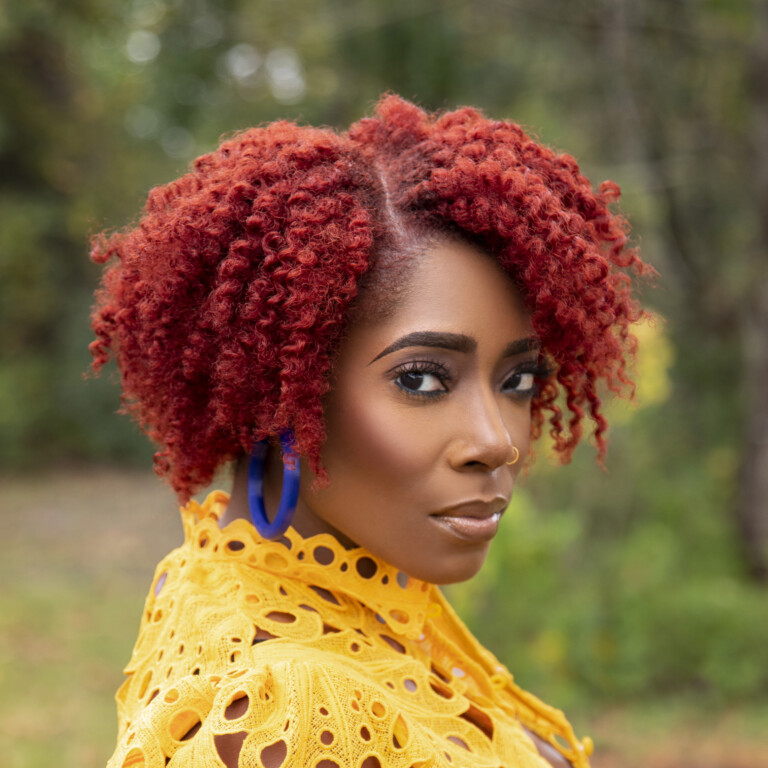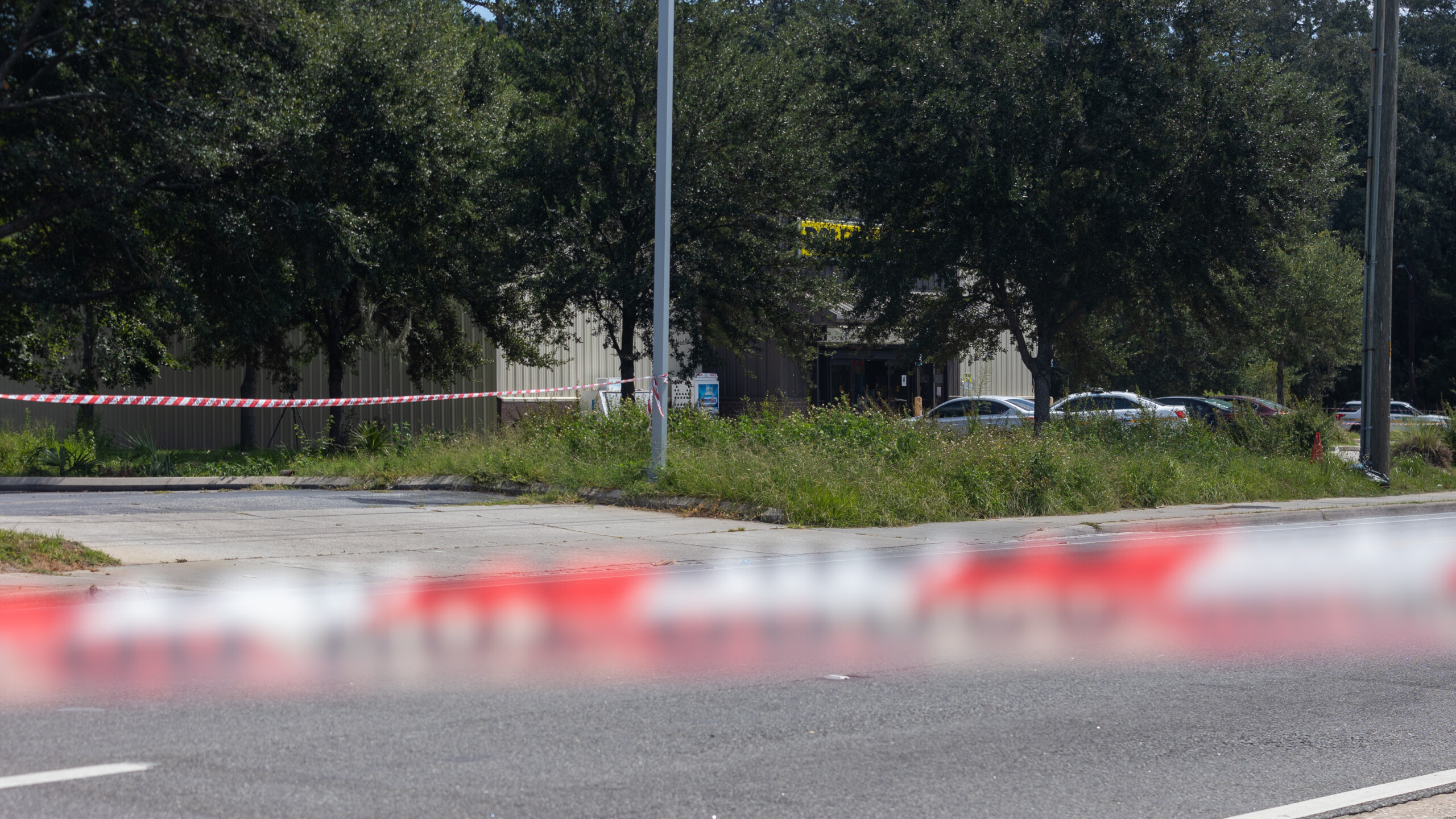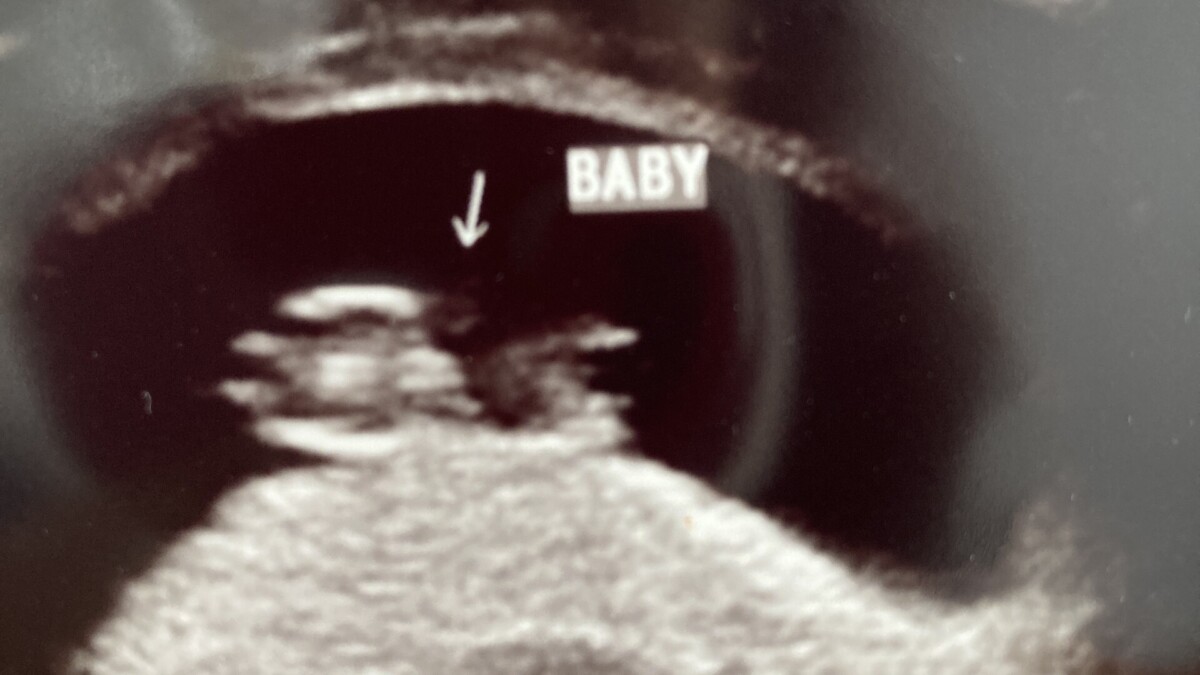
I go to church every Sunday. Every Sunday I confront my fears.
A couple months ago my pastor gave an announcement after his sermon, an update of the capital improvement campaign — basically a building fund with a strategy and a deadline. After revealing how much had been raised from the congregation so far he then announced that some of the money would be used to install bulletproof glass in the nursery rooms where children as young as 6 weeks old (including my daughter) are looked after while their parents attend service. The announcement was met with a smattering of applause and “Amen”s. I yelped a soft, “Oh my God,” from my seat, aghast and taken aback at why such an installation was necessary.
The pastor moved on.
My stomach unsettled and my mind spinning with horror, so did I.
Every Sunday I go to church. I go to church every Sunday and confront my fears.
A few weeks ago my pastor announced from the pulpit that upon entering the building, backpacks and extra bags would be checked. He emphasized that a woman’s purse would not be subject to search. The reason for the heightened level of security? The church had been identified as a soft target.
A soft target like Saint Mary Magdalene Church in Abbeville, Louisiana.
A soft target like First Baptist Church in Sutherland Springs, Texas.
A soft target like Mother Emanuel AME in Charleston, South Carolina.
A soft target like Tree of Life synagogue in Pittsburgh, Pennsylvania.
A soft target like the Sikh Temple of Wisconsin.
A soft target.
My son goes to school every week. Every week I confront my fears.
Three weeks ago he called me from the front office and asked me to bring him lunch. I packed his favorites, hopped in my car, and drove five minutes to his campus. I parked in a visitor’s spot at the front, grabbed his freshly packed lunchbox, and then walked to the door, where I waited to be buzzed in. The green, L-shaped desk with the rounded corner was deserted. I was confused.
Where is everybody?
Who buzzed me in?
I took tentative steps forward toward the main office, where I was greeted by a new desk and a wall of glass. Those who normally sat at the now deserted green desk were there speaking through silver portholes and awkwardly handing parents items through silver trays I’ve only ever seen at the bank or hood take-out spots. I handed over my son’s lunch and turned to walk away.
My stomach unsettled, my mind spinning with horror.
I stopped, turned back around and asked, “When did you do this?”
She said, “It’s been going on for a while.”
I vaguely remembered a white sheet shielding my eyes from construction on previous visits.
“May I ask if it’s for safety?”
She nodded, “Yeah.”
As I left I remembered the nursery at church and thought to myself soft target.
Soft target like Uvalde.
Soft target like Parkland.
Soft target like Sandy Hook.
Soft target like Columbine.
I wake up every day. Every day I wake up and I confront my fears.
The fear I had walking with a friend at night while we were on Paradise Island in the Bahamas.
My fear of the police after being yelled at in January.
Fear of school shootings.
Fear of church shootings.
Fear of mass shootings at grocery stores, and general stores, and dollar stores, and concerts, and movies, and . . .
Every slice of life after the “and” adds to my list of fears.
It’s no matter that I feel generally safe in my home, in my suburban subdivision where sometimes I forget to lock the door or put the garage door down. That is, until I look at my son and how he’s growing and remember Trayvon.
It’s no matter that I believe in a God whose word says, “Perfect love casts out fear.” That is, until I remember that same God is a Palestinian-Jew, born a refugee under the threat of death at conception, who fled with his parents to Egypt for the first decade of His life, before returning to His homeland that, 2,000 years later, is in shambles due to war between His own people.
It’s no matter that I live in a free country, a democracy, with rights enshrined in a constitution. That is, until I remember my rights weren’t enshrined until 1865, 1868, 1870, and 1920 and then reinforced in 1964, 1965, and 1968. And then I remember those rights can be eroded or expanded by a single stroke of one man’s pen, a divided ruling from nine, lack of action from 435, or the electoral college counted votes of 160 million.
I am afraid . . .
I am afraid of the election.
The one that is a rematch of four years ago but with much darker undertones.
The one that has led to heightened security at my church, for sure, and possibly even my son’s school because soft targets are an easy way for the emboldened and hateful to take a hard stance.
In admitting my fears I also hear the platitudes that may respond to them. “Fears are not facts.” Or my favorite from my churched childhood: “Fears are only false evidence appearing real.” Written off as irrational, they are still mine, and the tricks my mind makes me believe don’t have to be explained or substantiated to others because all of my fears have been or are someone else’s realities. Those still suffering from the loss of loved ones in soft targets like movies, and concerts, and dollar stores, and general stores, and grocery stores, and school, and church.
Every day I wake up. Every week my children go to school. Every Sunday I go to church. And I pray, daily, at the altar in my bedroom, and especially during that “most segregated hour in America” that voting be some kind of savior; if not a Messiah, at the very least a message for my fears to remain unfounded fictions and that my tears are never those of sorrowful mothers or motherless children left begging at the mercy of men, and their guns, upon perimeters of soft targets.
Both sides chant, “four more years,” but all I want to see is tomorrow.

Nikesha Elise Williams is an Emmy-winning TV producer, award-winning novelist (Beyond Bourbon Street and Four Women) and the host/producer of the Black & Published podcast. Her bylines include The Washington Post, ESSENCE, and Vox. She lives in Jacksonville with her family.






